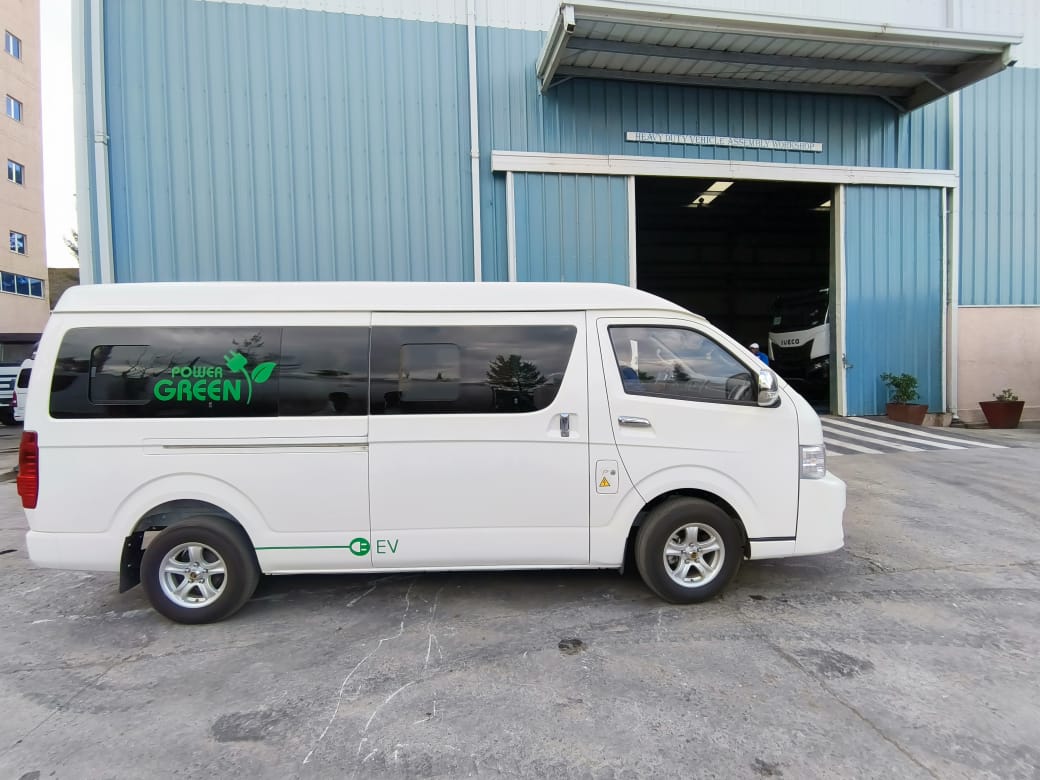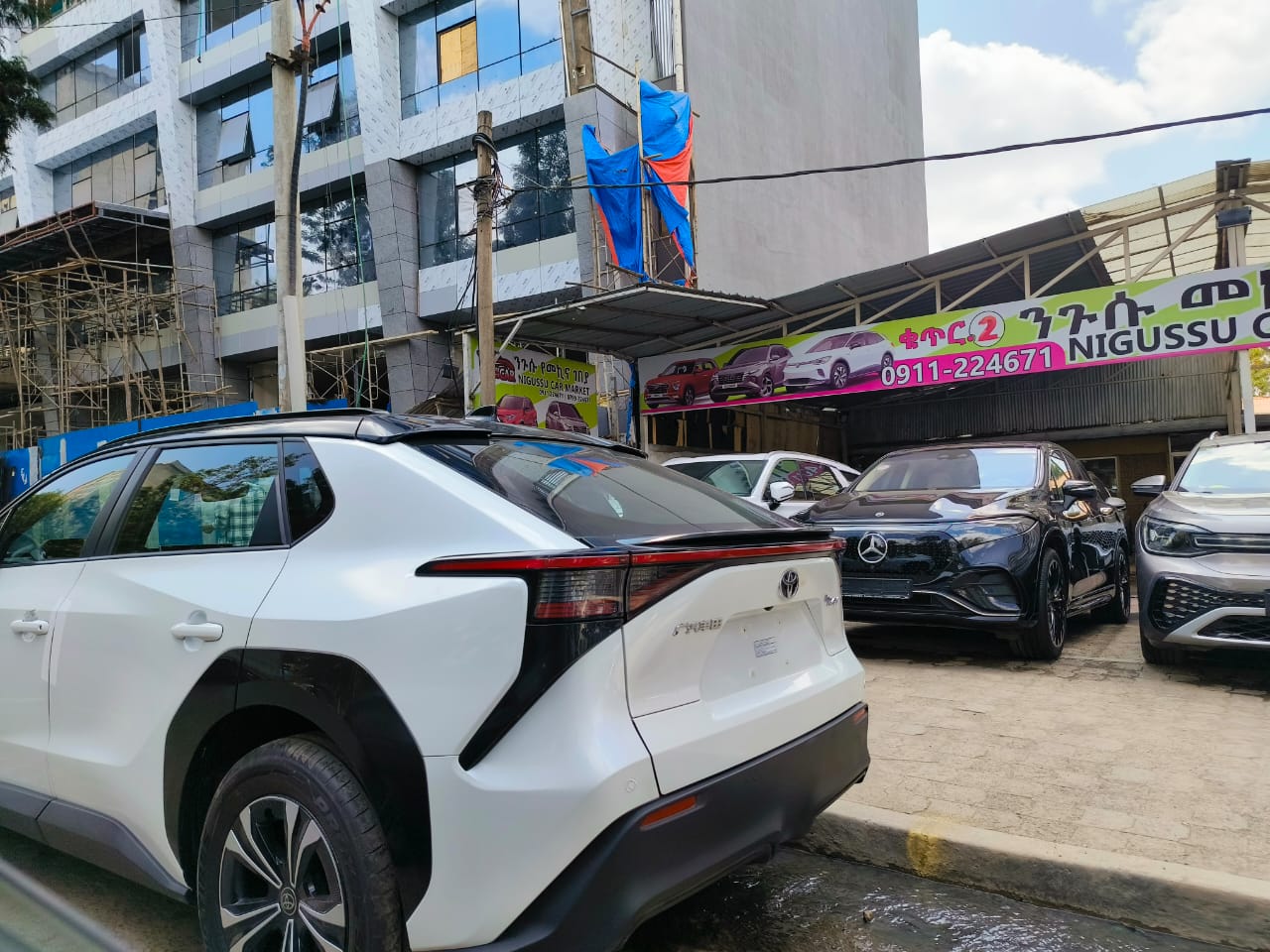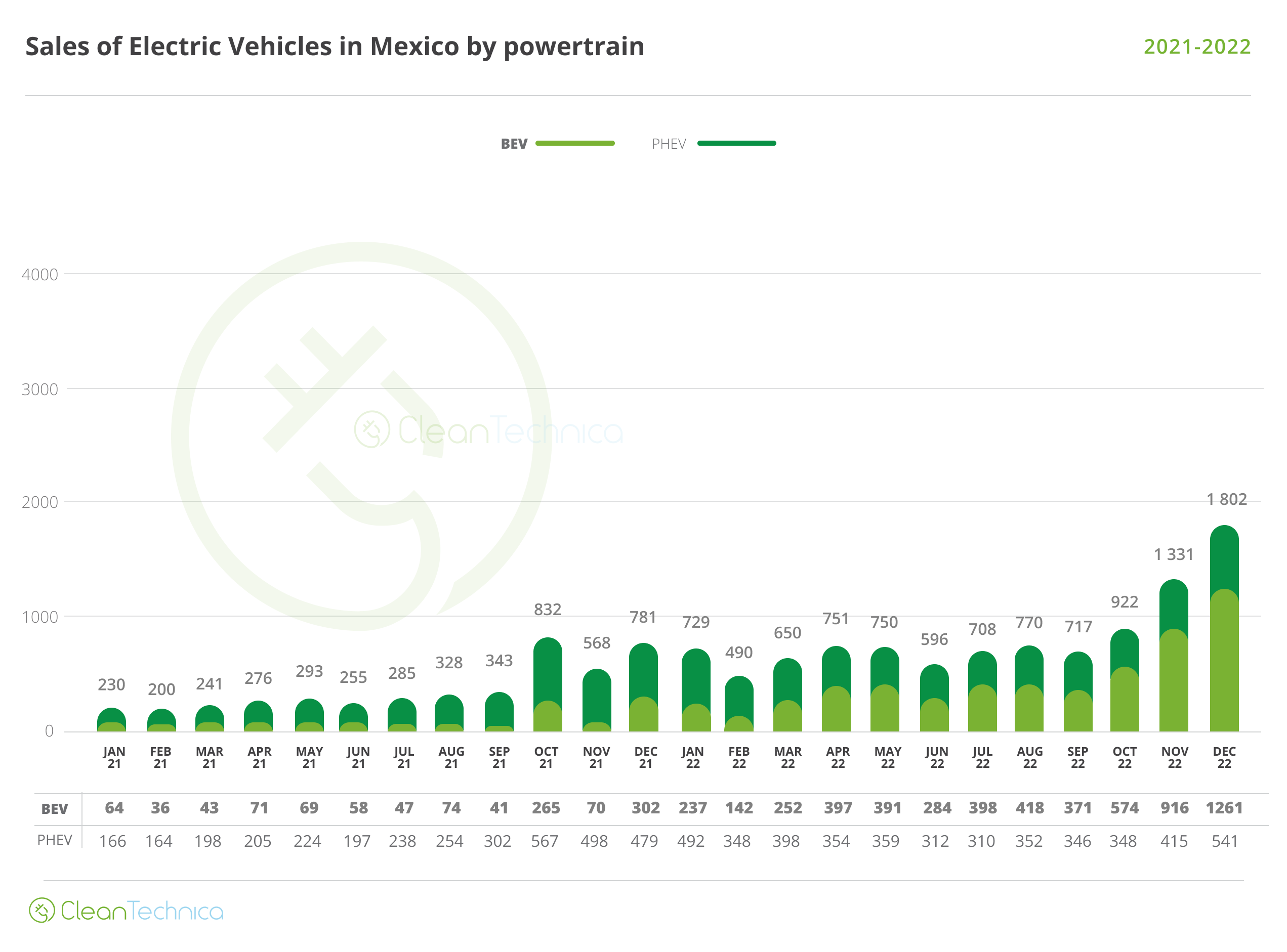Sign up for daily news updates from CleanTechnica on email. Or follow us on Google News!
A year ago, the Ethiopian government introduced some incentives to catalyze the adoption of electric vehicles. Ethiopia’s Ministry of Finance exempted all electric vehicles from VAT, surtax, and excise tax! They went further to exempt completely knocked-down kits from customs duty tax. This move was made to encourage the local assembly and component manufacturing sectors for electric vehicles. Semi-knocked-down kits now attract a customs duty tax of 5% and fully built electric vehicles will have a customs duty of 15%.
Ethiopia’s Minister of Transport and Logistics has a 10-year plan and intends to support the import of at least 4,800 electric buses and 148,000 electric automobiles as part of that plan to catalyze the adoption of electric vehicles in the country.
It’s been a year now, so let us check in to see how this move has affected Ethiopia’s EV scene. Earlier this year, Axel Conrad, founder of e-Car Namibia, gave an insight into how the Chinese EV market is already having some influence in Ethiopia. Axel spotted several made-in-China VW ID models at showrooms of independent dealerships which import cars directly. He also spotted several ID models already driving on the roads of Addis Ababa. These ID models are imported as brand new or low mileage models into Ethiopia from China and include the ID.4 and ID.6. Axel says in a LinkedIn post that the ID.6 models seem to be selling quite well, as he spotted quite a few of them driving on the roads of Addis Ababa.
This week, Moses Nderitu, who is visiting Addis Ababa, reports that it looks like there are now noticeably more EVs on the road in Ethiopia’s capital city. He say one does not even have to go searching for them as they are quite a lot of them that you just come across them on the streets of Addis Ababa, as well as on parking lots of vehicle dealerships. A lot of them are still unofficial imports from China.
Some of the popular models that are easily recognizable are the Toyota bZ4x EV, Mercedes-Benz EQ range, VW’s ID.4 and ID.6, and the Changan Ben Benn E-Star. The Changan Ben Ben E-Star has been a regular feature of the Chinese EV sales charts as covered by CleanTechnica’s Jose Pontes in his excellent monthly sales updates. It is good to see that this little star is now starting to pop up in some African markets like Ethiopia.
It is also interesting to see that the Toyota bZ4x is amongst some of the favorites. It makes sense though, as Toyota is the biggest and the most loved brand on the African continent. Moses also spotted Golden Dragon electric minibuses as well as higher capacity Golden Dragon electric buses.
It appears there has been an avalanche of EVs entering the Ethiopian market since the removal of the taxes by the Ethiopian government. Some unofficial reports say as many as 7,000 of these electric cars have found their way into the Ethiopian market. Some reports say this number is closer to 5,000. I have not been able to verify this number yet, but if true, it goes to show how simple policy interventions can really boost electric mobility adoption on the African continent. I hope more African countries are taking notes and move to relax some of these stringent, and in some cases punitive, import taxes levied on electric vehicles.
The growth of EV imports in Ethiopia, which now dwarfs EV imports in some of the other major African countries, just goes to show how things can really move quickly. I often say the transition to electric mobility on the African continent will happen a whole lot faster than a lot of people realize. The recent example from Ethiopia shows there is a lot of potential, especially if more EVs were to be available via official channels. This will go a long way in building confidence in the sector, as consumers will now have some levels of support and protection with stuff like full warranties added to the mix. Imports of VW’s ID range have since been temporarily suspended in Ethiopia after VW raised some concerns with regards to these unofficial imports into Ethiopia from China by independent vehicle importers.
Moses also reports that he did not see any public chargers, and that most of the people he spoke with just charge their EVs at home. Ethiopia has some of the lowest electricity tariffs on the continent, with residential tariffs close to 1 US cent/kWh. Given that the price of petrol is close to $2 per liter, EV owners in the country can expect to save quite a lot on fuel costs. One cent per kWh is like driving for free! Another major plus is the fact Ethiopia’s electricity generation mix is mostly hydropower. All these EVs are charging on some very clean electricity.
Images by Moses Nderitu
Have a tip for CleanTechnica? Want to advertise? Want to suggest a guest for our CleanTech Talk podcast? Contact us here.
EV Obsession Daily!
I don’t like paywalls. You don’t like paywalls. Who likes paywalls? Here at CleanTechnica, we implemented a limited paywall for a while, but it always felt wrong — and it was always tough to decide what we should put behind there. In theory, your most exclusive and best content goes behind a paywall. But then fewer people read it!! So, we’ve decided to completely nix paywalls here at CleanTechnica. But…
Thank you!
Community Solar Benefits & Growth
CleanTechnica uses affiliate links. See our policy here.






